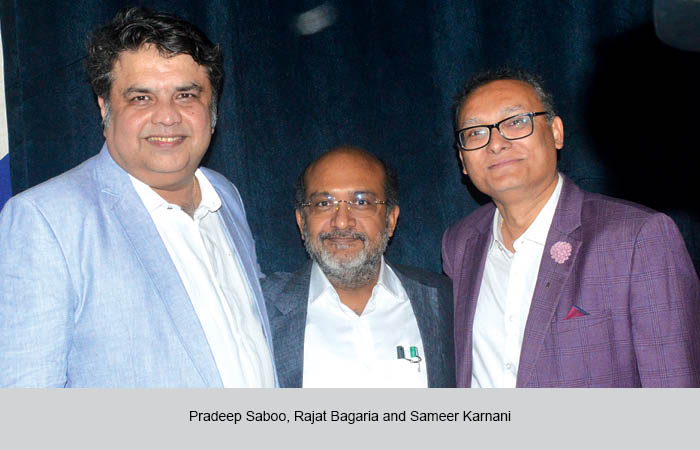Abdul Hadi Shaikh, Co-founder & CEO, FlyRemit, says that the proposed TCS under Finance Bill 2020 means that overseas remitters paying for travel, education, etc., will have to compulsorily shell out an extra 5% as income tax in the form of tax collected at source.
The Finance Bill 2020 has proposed a TCS (Tax Collected at Source) for all over- seas payments covered under the Liberalized Remittance Scheme (LRS), which also covers overseas tour payments to overseas DMCs, hotels, etc. Let’s analyse this in the context of how it will impact the travel consultant. Please do note that this is a draft proposal and no procedural rules have been published by the Income Tax department, yet. So, upon a reading of the said clause, below is a key synopsis of the impact.
If any of the payments are covered under any other provision of the Income Tax Act liable to deduct tax at source, then this new provision will not apply
Financial impact
All remittance, when made to an overseas party for travel or travel-related purposes as covered under the LRS, will have to now deposit 5% of the total value of payment as TCS before the amount is remitted. That means, if the remittance value is $1000, then $50 has to be paid as TCS.
Payments covered
It will cover all travel payments for whatever purpose. But, if any of the payments are covered under any other provision of the Income Tax Act liable to deduct tax at source, then this new provision will not apply. This new TCS provision may not apply to marketplaces as previous TCS provision man- dates all e-commerce operators and marketplaces, except those acting as agents to deduct tax.
Who deducts the TCS?
If the remitter (traveller) approaches an Authorised Dealer (AD) for remittance under the LRS (banks and licensed exchange operators), then the AD will collect 5% of the remittance amount from the remitter and discharge the same to the government. The remitter will get a TCS-paid certificate, which can be used to offset the remitter’s individual Income Tax liability (hence, it is not an additional or new tax). Here, there is a provision that such TCS will be collected only if the remittance amount per passenger, under whose LRS quota the remittance is sought, exceeds ₹7,00,000 per annum (April to March). This ₹7,00,000 limit is cumulative, i.e., if the remittance amount either individually or a sum of all his previous remittances exceeds ₹7,00,000 per annum, then TCS will have to be paid before the remittance can be processed.
For a B2B travel agent
In a B2B transaction, the first agent who has sold the pack- age to the actual traveller will have to collect 5% TCS on the amount and discharge it to the government and deliver the TCS certificate to the traveller, irrespective of the amount of the package sold. It is worthy to note that in a B2B transaction, there will be no minimum limit of ₹7,00,000. Any amount collected for an overseas tour package will attract collection of 5% TCS.
All subsequent movement of money from agent to agent till the AD for ultimate outward remittance, might not have to deduct TCS as it has been deducted and duly discharged in the first leg of the transaction. It is important to note that this is the most logical deduction of the text of the proposed section, while a plain reading of the same might lead to a scenario of multiple taxation at every leg of money movement, i.e. from traveller to travel agent one, and then again to travel agent two until the AD implying a 5% TCS deduction at every level, which leads to massive double taxation for the same transaction. While operating rules of this provision are awaited, it seems the government wants to collect a portion of personal income tax from every overseas traveller at the time of his/her travel itself rather than through traditional means of collecting income tax.
Best way of remitting money overseas
With the limited information available on this, our analysis indicate it might be best that travel agents ask DMCs to bill the actual traveller directly and individually. This way, the traveller will have to remit the money directly to the DMC by approaching an AD. This way, the traveller can also avail benefit of the ₹7,00,000 quota. So, if the traveller’s invoice does not exceed ₹7,00,000, then no TCS will have to be collected and paid. Travel agents can then receive their mark-up back from the DMC directly.
To enable this in a seamless manner, FlyRemit will soon come up with an easy to use, online method to process trans- actions in this manner which will be cost efficient to both travel agents and travellers.
 TravTalk India Online Magazine
TravTalk India Online Magazine







